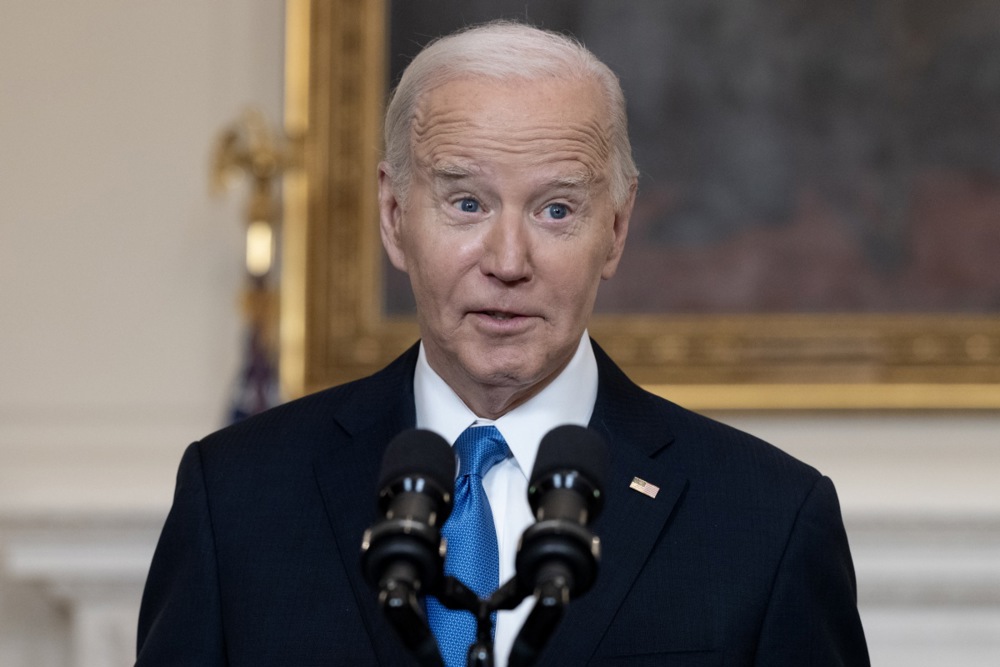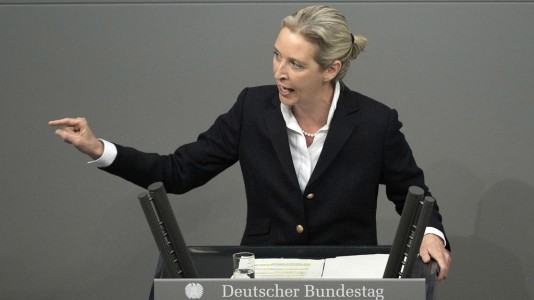U.S. President Joe Biden’s invitation for his Polish counterpart Andrzej Duda and Prime Minister Donald Tusk to jointly visit the White House has been issued because the United States wants to calm the political situation in Poland and protect its interests, according to Warsaw University’s Prof. Jarosław Szczepański.
The U.S. affairs expert told Dziennik.pl that the “dangerous polarization in Poland” around the issues of democracy and the rule of law are the reasons why the White House has taken the unusual step of inviting both the Polish leaders to visit Washington D.C. together.
Officially, the visit scheduled for March 12 has been billed as a celebration of 25 years of Polish NATO membership, preparation for the NATO summit in July, and a need to reaffirm support for Ukraine. However, Prof. Szczepański believes that the U.S. president is showing himself to be sensitive to Poland’s internal politics by recognizing the uneasy cohabitation between President Duda and Tusk.
He notes the visit underlines that Poland remains an important strategic partner for the United States in Europe, especially given Poland’s high spending of 4 percent of its GDP on defense, its role on the eastern flank of NATO, and its serving as a hub for military and humanitarian aid for Ukraine.
The academic added that Poland hosts U.S. troops, benefits from U.S. technology and investments, and is importing energy from the U.S., therefore the benefits of the cooperation are mutual. The previous conservative (PiS) administration in Poland treated all of these as priorities, and it is understandable that the Americans want to ensure that the new Polish government will take a similar stance.
According to Szczepański, the doubts that have surfaced over the construction of the first nuclear power station in Poland, to be carried out in partnership with the U.S., have been of concern to Washington, and the Americans are keen to see that their interests in Poland are secure.
The professor is convinced that Biden also wants to signal Washington’s desire to ensure that the polarization in Polish politics does not destabilize the Polish state and doesn’t affect its alliance with the United States. Inviting Tusk and Duda together is a sign that America does not want to take sides in Polish internal disputes and that it is prepared, if necessary, to mediate.
Asked about the significance of Donald Trump’s remarks, who warned he would not protect NATO states that did not pay their way in terms of defense spending, the academic did not feel it was in any way surprising as the former U.S. president has made that argument before and it is common knowledge that he sees these issues in transactional terms.
However, Szczepański felt that Trump’s words were ill-timed in the current international situation of war in Ukraine and were bound to cause concern on NATO’s eastern flank. In that respect, inviting both Tusk and Duda to the White House is also meant to send a signal to Warsaw that America remains committed to defending every inch of NATO territory, he concluded.






